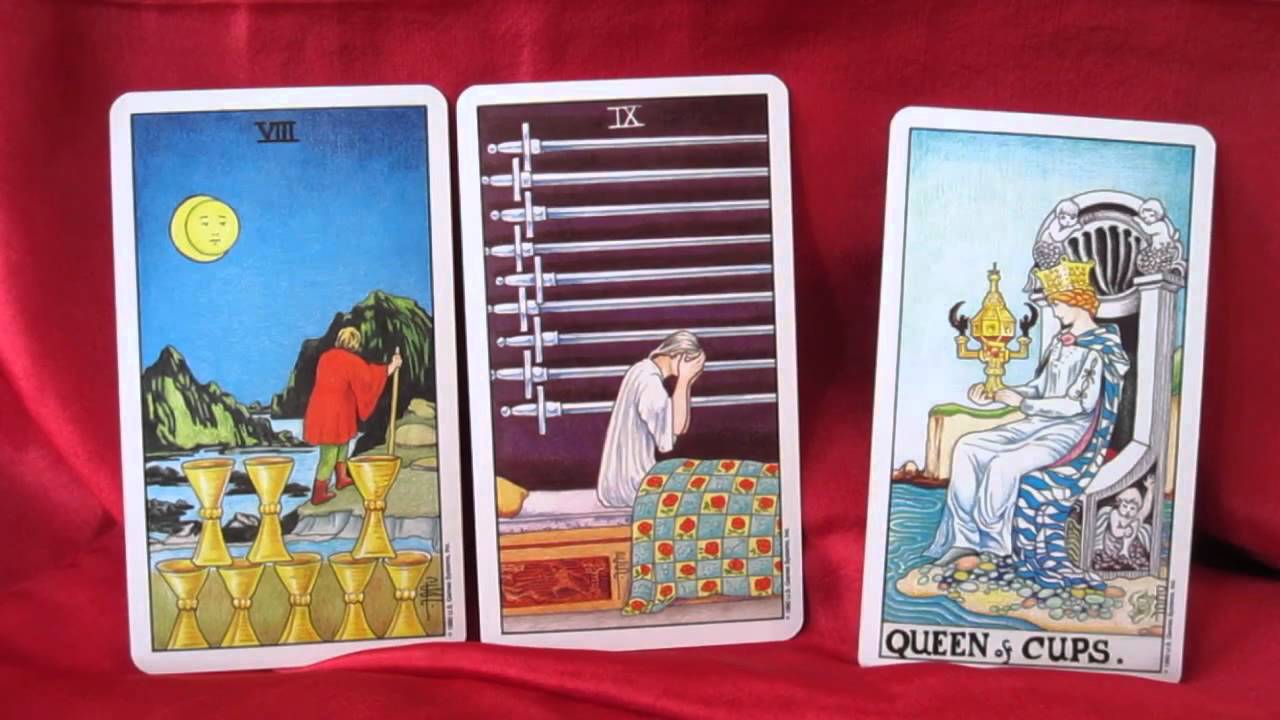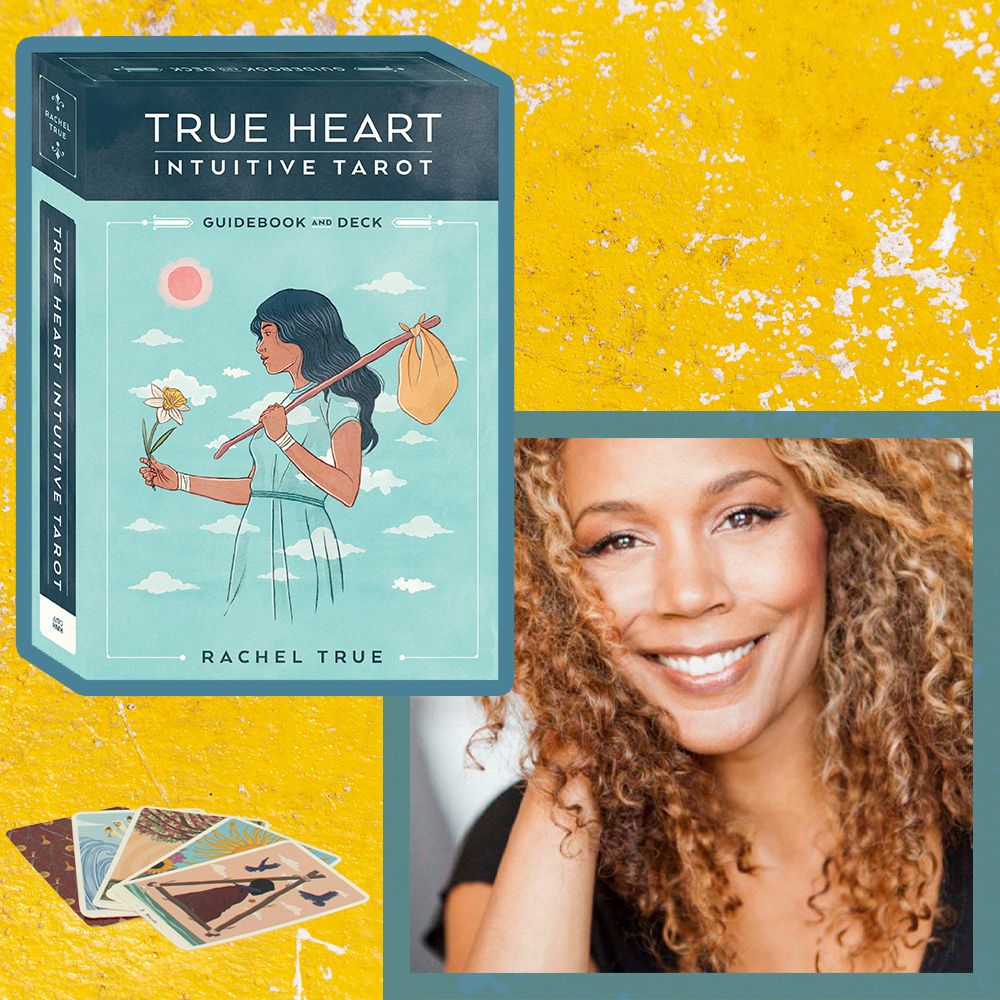
The Tarot of the Moon is one of the Major Arcana cards. It is the eighteenth card in traditional decks of tarot and represents the Moon. It is used primarily in divination and for game play. It can also be used to determine whether a relationship is about to end or to be born.
Meaning
The Moon is an important card when it comes to intuition and psychic development. It can help us heal and receive messages from spirit world. The Tarot of Moon is best understood by paying attention to your inner feelings and imagery. This card can also be used to help you meditate.

Reversal
You're in an important situation if the Moon is not in its proper place. It could be a block in your career path or a mental block. Reversed Moon is a time to look deep within and resolve this issue.
Significance
The Tarot of the Moon could help us see our unconscious fears or illusions. This card can warn us to explore our intuition and to be on guard against deceit. It can also be a warning against gossipy people or illegal dealings. It can also help us release our fears and anxieties.
Significance in a Love reading
The moon card is often a sign of a complicated relationship. The moon is often used in love tarot to indicate that things are not always as easy as they seem. There may be misunderstandings, and you should make sure that everyone is being honest. Also, you should take the time to examine your own emotions, desires, and motivations, as old attitudes and beliefs can cloud your judgment. You may also feel unworthy of love because of a past relationship.
Health implications
Many people see the positive qualities of the Tarot of the Moon. However, this card could also be indicative of a number of health issues. It could indicate hormonal issues or menopause, which can be particularly worrying for women. Because the Moon is closely related to water, it can also indicate issues in the heart, kidneys, or lymph. The Moon can also indicate mental problems, such as depression or anxiety. The Moon can also signify the need for resolving unresolved problems or suppressed feelings.

Career reading is important
In a career reading, the Significance of Moon can reveal many things about you and your life. If the Moon is in an upright position, it could indicate that you are in a difficult financial place. It could also indicate that you are afraid of taking on new roles or tasks. Whatever the situation, you should be open-minded to seeing things from different perspectives.
FAQ
What are the best ways to find a hobby?
When you first start your journey into finding a hobby, you may feel like you've got nothing to choose from.
You're probably thinking, "I'm not very artistic," or "I'm terrible at sports," or maybe even "I don't know anything."
The truth is that you likely already have a lot experience in your chosen hobby.
It's only that you don't know it yet.
Take a tour of your house. Do you have a lot of stuff?
Do you still have toys?
Perhaps you have a collection books or magazines.
Perhaps you've always wanted a career in cooking.
Or perhaps you would just like to learn how to play the guitar again.
Whatever your hobby, it's possible to make it a hobby.
The secret is to remember that you already have plenty to draw on.
Once you do that, you can choose a hobby to fit your life.
What is a good hobby for kids?
For kids, a hobby can be any activity that they are interested in doing as part of their everyday routine. They might like to draw pictures, build things, paint, write stories, play with toys, read books, watch TV, listen to music, play computer games, ride bikes, skateboard, swim, climb trees, run around outside, play football, basketball, volleyball, rugby, cricket, baseball, soccer, hockey, dodgeball, rounders, tag, hide and seek, hopscotch, marbles, jump rope, hopscotch and many others.
Many parents worry that their children will get into trouble if they're allowed to do whatever they want. It is not true. Your child won't get in trouble if they are safe and don't do any harm to anyone.
It's important to remember that just because they like to do something doesn't mean that they'll always choose to do it. If they are passionate about drawing but hate writing, they might choose to draw pictures over writing.
There are many hobbies available, so you can choose the one you like best.
Why do we need hobbies
Hobbies can be a part of your life because they provide you with time to unwind, recharge, think creatively as well as the chance to exercise, socialize, and relax. Hobbies offer opportunities to develop new skills as well as life-long interests.
Hobbies can help us find meaning and purpose.
They are great for spending your free time when there's not much else.
They are also very entertaining!
If you don’t have the time to do a hobby, you likely don’t have any other hobbies.
Look at all the options. Start a hobby today, if you don’t have one already!
Statistics
- Much of this decline reflects the fact that teens are less likely to work today than in the past; among employed teens, the amount of time spent working is not much different now than it was around 2005. (pewresearch.org)
- I am 100% biologically a woman (discover.hubpages.com)
- 37% Video Games 36% Travel 36% Health and Fitness (quizexpo.com)
- This 100% accurate personality-analyzing hobby quiz discovers your passion based on your characteristics. (quizexpo.com)
- A new survey by Pew Research Center of teens ages 13 to 17 finds that 36% of girls feel tense or nervous about their day every day; 23% of boys say the same. (pewresearch.org)
External Links
How To
How to begin gardening
Gardening is one the oldest forms. You need patience, perseverance, and determination. The first step in starting your own garden is choosing a location where you want to grow food. You can choose to have a large area or a small one in your backyard. Next, select the kind of plants that are most appealing to you. Do you prefer flowers over vegetables? Some people enjoy growing herbs while others love raising livestock such as rabbits. Before you decide what crops to plant, you should think about how much space is available. If your climate is cold, you may decide to plant berries and fruits.
After choosing what you want to plant you need to prepare your soil. It is vital that your soil is prepared properly to determine whether or not your plants will thrive. The soil should be rich in organic matter to provide nutrients for your plants' roots. Organic matter includes things like leaves, twigs, grass clippings, manure, and compost. After you have prepared your soil you must add nutrients. The type of plant you intend to grow will dictate the amount of nutrients you need. To determine these values, you can use a fertilizer calculator online. There are many fertilizers to choose from, so it is important that you are familiar with the product you are using.
After you have prepared the soil and added nutrients, it is time to wait for your seeds germination. This process usually takes anywhere from 2 weeks to 3 months, depending on the weather and the temperature in your area. After your seeds sprout, it is important to water them frequently. Overwatering your plants can lead to problems. Make sure to give your plants water at regular times and not overwater. Overwatering your plants can lead to root disease and fungal infections. Consider that plants generally need less water in the warmer months than they do in winter. Keep in mind that certain plants may need to be dried after being watered. Tomatoes, for example, need to be kept moist but not too wet. Soggy soil is not good for them. After the plants have finished flowering they must go dormant. The time when plants stop producing new life and store energy for the next season is called dormancy. During dormancy, the plant stops sending signals to its roots telling them to produce food. The plant continues to store energy during this time. If temperatures fall below freezing or the plants are not getting enough sunlight, they will die.
You may be limited in what plants you can grow if you live in an urban area. Concrete sidewalks, roads or parking lots can block sunlight from reaching urban areas. Concrete absorbs sunlight and blocks the soil below from receiving adequate sun exposure. This is why many plants cannot thrive in cities. Fortunately, there are still many plants that can thrive in an urban environment. Many trees, perennials, shrubs, as well as shrubs can be adapted to urban living. Many annuals are also possible to grow indoors in containers. Container gardens allow you to bring fresh greenery into your home year-round regardless of the weather outside.
Now you're ready to plant.